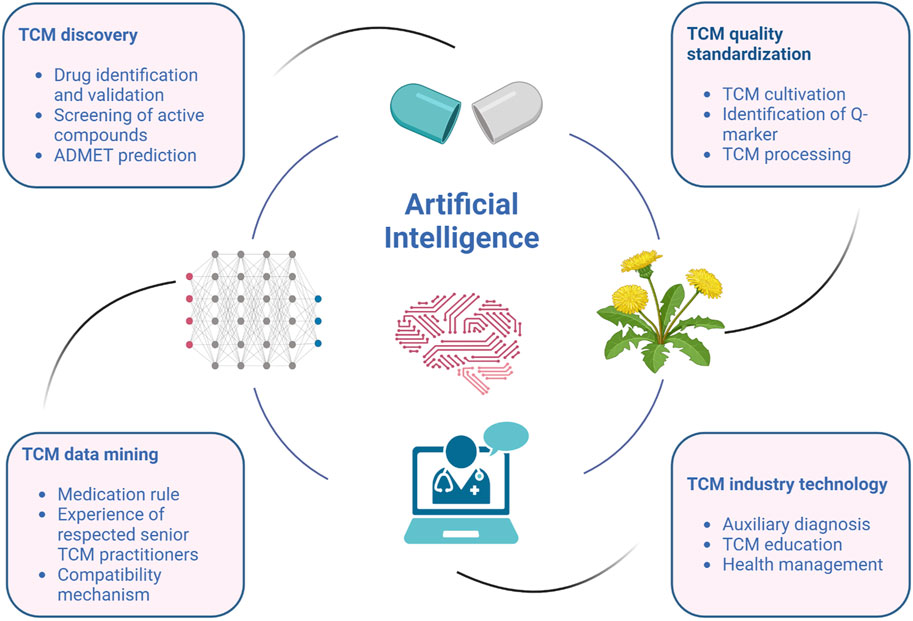In a groundbreaking study published in JMIR AI, researchers have shed light on the distinctive mental health challenges experienced by healthcare workers (HCWs) in the United States during the COVID-19 pandemic. Utilizing machine learning techniques, this research not only underscores the uniqueness of HCWs’ struggles but also provides crucial insights into supporting this indispensable workforce more effectively.
The COVID-19 pandemic inflicted unprecedented challenges on healthcare workers, compounding their vulnerability to mental health issues such as depression, anxiety, and even suicidal ideation. As the virus surged, hospitals faced overwhelming patient numbers, often exceeding available beds. HCWs were compelled to work extended hours under adverse conditions, including shortages of critical equipment and resources. This scarcity forced them to make heart-wrenching decisions about patient care.
Frontline exposure and isolation
Being at the forefront of the battle against the virus, HCWs were at higher risk of exposure to COVID-19. Sadly, many lacked sufficient access to essential protective equipment, including masks. Additionally, due to strict quarantine measures, they endured isolation from their social and familial support networks.
Depression and anxiety among HCWs not only affect their well-being but also have significant implications for patient safety. The study underscores the urgent need to address these mental health challenges to fortify the resilience of the healthcare system, ensuring its ability to respond effectively to future pandemics and disruptions.
Researchers meticulously analyzed treatment transcripts from 820 HCWs who received digital psychotherapy between March and July 2020. To safeguard patient privacy, these transcripts were de-identified. The HCWs, including physicians, residents, nurses, social workers, and emergency medical service providers, received free therapy through an initiative aimed at supporting them during the pandemic.
Comparative analysis
To distinguish the unique challenges HCWs face from those of the general population, researchers matched each HCW with a non-HCW based on symptom similarity, demographics, treatment start date, and state of residence. The non-HCWs in the study were English-speaking U.S. residents with internet access. Both HCWs and non-HCWs underwent pre-therapy assessments for depression and anxiety.
Machine learning insights
A heuristic classification algorithm was employed to determine each HCW’s profession from the transcripts. The researchers then processed the de-identified transcripts by converting words into their root forms, creating a ‘vocabulary.’ They subsequently eliminated empty transcripts and words that appeared in fewer than 50 documents.
This process yielded 1,208 terms from the HCW transcripts and 1,259 from the non-HCW transcripts. Structural topic modeling (STM) methods were applied to identify topics raised by patients and to understand the associations between these topics and the levels of depression and anxiety.
Revealing findings
The study revealed several crucial findings:
- The majority of HCWs were female (91%) and averaged around 31.3 years of age.
- New York State and California represented over one-quarter of the sample.
- Approximately 35.2% of HCWs indicated that they were receiving psychotherapy for the first time.
- Over 56% of HCW patients were diagnosed with anxiety disorders, while only 8.2% were diagnosed with depressive disorders.
- Prior to treatment, 73.3% of HCWs suffered from either depression or anxiety.
Distinct topics discussed
HCWs frequently brought up four unique topics related to healthcare provision:
- Fears related to the coronavirus.
- Their experiences in intensive care units (ICUs) and hospital floors.
- Issues surrounding masking and patient interactions.
- Their professional roles, such as attending or resident.
- In contrast, non-HCWs predominantly mentioned only one topic related to pandemic anxiety and another related to their employers.
Shared mental health concerns
Both HCWs and their matched controls discussed five common topics, which encompassed panic attacks, mood disturbances, grief, and experiences of sleep disruptions. HCWs, however, were more likely to mention mood alterations and sleep disruptions compared to their non-HCW counterparts.
Prioritizing HCWs’ mental health
In summary, this study, which compared 820 HCWs with 820 matched non-HCW patients receiving therapy from the same platform, employed machine-learning computational linguistics methods to elucidate the unique associations between psychiatric symptoms and the work of HCWs during the COVID-19 pandemic. The findings underscore the heightened stress levels experienced by HCWs due to the pandemic, emphasizing the critical need to prioritize their mental health.






